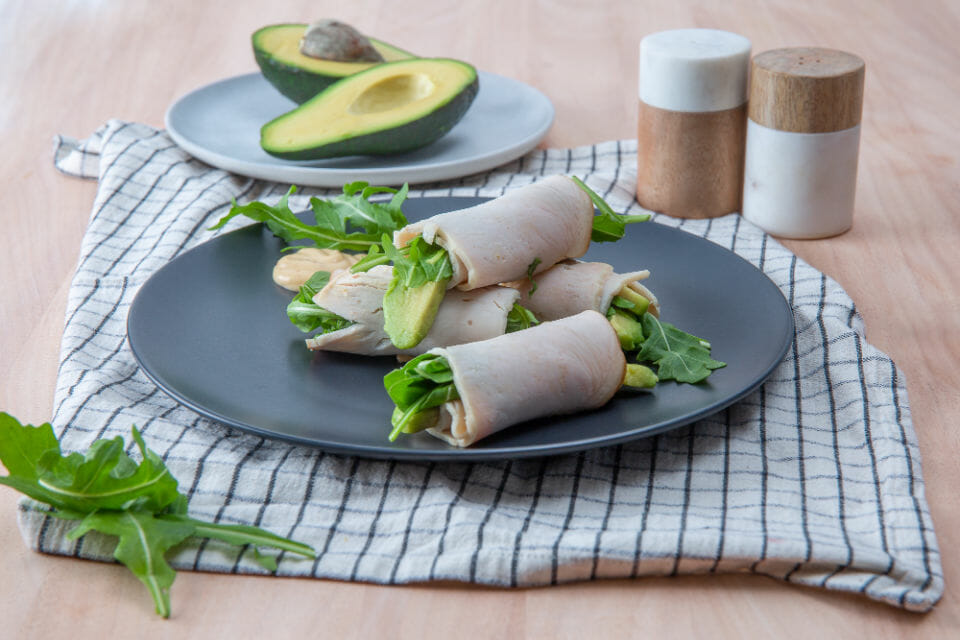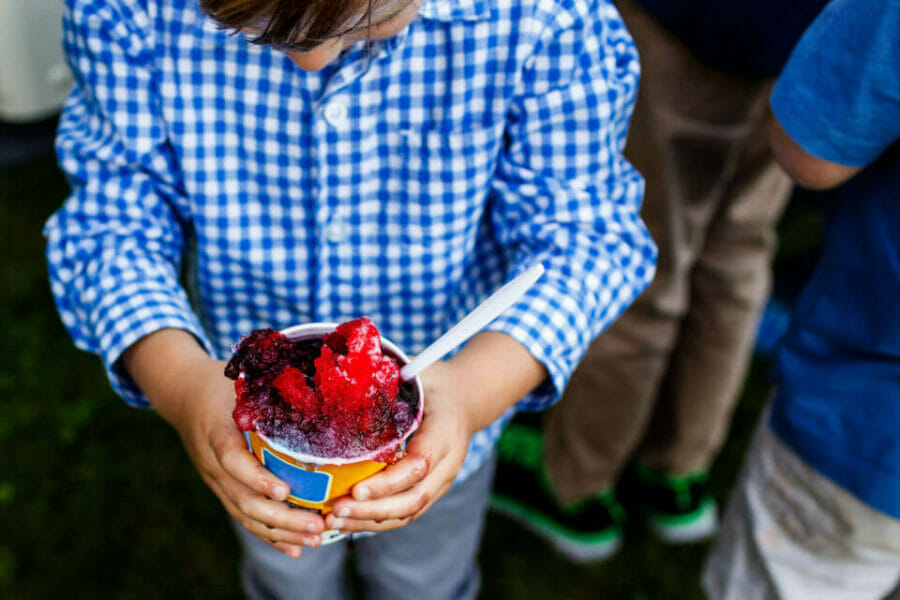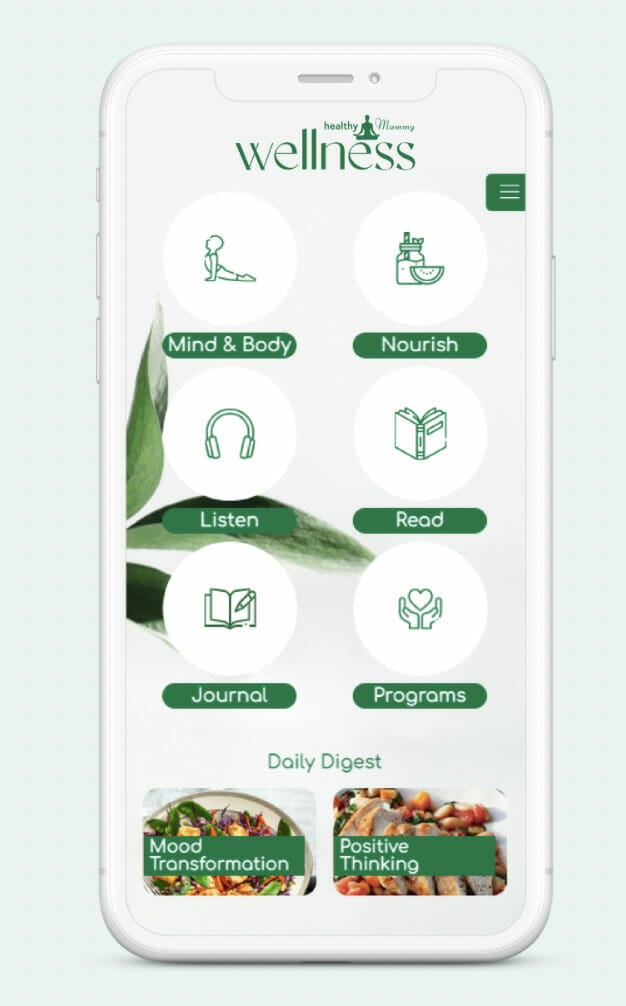![]()
How your child’s eating habits in the day could help promote sleep

Many children can have one or multiple sleep issues. These could range from insomnia or sleep onset problems or sleep maintenance issues, meaning they can’t stay asleep, or night wakings. You should review how your child’s eating habits during the day could help promote sleep because it’s good to look internally to see what’s happening.
We control what we put in our bodies, which is an important and powerful tool. With sleep onset issues, we often find a deficiency in the body’s ability to effectively produce melatonin – a chemical made within the brain to signal that it’s time to sleep.
And in theory, this should happen quickly, but sadly for many families, this is not the case.
It’s a big issue and to the parents out there suffering – you are not alone! Plus, there are some things you can do to could help promote sleep. It sounds so simple when you explain the issue to family and friends, yet it has a debilitating impact on the family experiencing the problem.
And the knock-on effect is that parents end up staying up much later than they should just so they get that downtime after the children have all finally gone to sleep.

What is happening in your kid’s body that means the nutrition they get helps promote sleep?
Many children are prescribed melatonin as a supplement. Still, there tends to be a bit of confusion about whether this is a pharmaceutical treatment or a drug and, more importantly, whether it is safe.
Understandably, many parents may feel reluctant despite the desperation for their child to sleep. Melatonin is certainly not pharmaceutical, but it’s a synthesised version of what our brains make naturally. And for some families, this works to help promote sleep.
There are also ways to naturally boost melatonin

The feel-good chemical serotonin is the precursor for melatonin. Hence, it makes sense that children who suffer anxiety will also have difficulty settling into sleep easily and need tips to help promote sleep.
If we’re not making the serotonin effectively, then we won’t be making the melatonin we need to put us to sleep. There are two issues here, and it’s good to look at supporting that pathway as the first port of call rather than jumping straight to prescribed melatonin.
You can use different nutrients like tryptophan and B vitamins. The body uses tryptophan to help make melatonin and serotonin. You can use food or a short-term quality children’s supplement to encourage the body to achieve the ultimate result of producing melatonin on its own.

You can easily research the best foods for tryptophan, and there’s a reason people say have a bite to eat before bed or some warm milk. These things will all encourage tryptophan, which will theoretically move to make melatonin. Only in small amounts, but it all makes a difference.
If you go from having an empty tummy or a sugary snack and swapping it over to a little dairy or some healthy protein, it could help promote sleep. You could also give your child a smoothie that you can sneak some calming herbs into and have a good impact.
Make sure your kids aren’t going to bed on an empty stomach

You don’t want your kids to eat anything too substantial as you don’t want them to digest food in great quantities before bed. It’s nice to implement nightly rituals that then become something your child looks forward to.
We just need to make sure you are making the right choices. This practice doesn’t undermine dinner. It can be a separate nutritious practice that becomes part of a routine and could help promote sleep.
As parents, we often feel content that our kids aren’t going to bed with an empty tummy, which will affect their sleep. Their eating patterns are different to our own. And often, they don’t eat huge amounts at dinner because they simply can’t fit that much into their tummies, which are only the size of their fist.
It can be tricky at times, but we should also look at our dinners and aim to have a healthy balance of proteins, good fats and carbohydrates. This will make the whole family feel fuller for longer and could help promote sleep.
Food rich in melatonin

Foods that are rich in melatonin or promote melatonin could help promote sleep. These include nuts and almonds, so almond milk is always good – and a good option if you have a dairy-free house.
Otherwise, some warm milk or a cube of cheese or cottage cheese on a rice cake.
Studies often mention Turkey, but it’s not as popular in Australia. If you can give your children some turkey breast before bed, that’s a good light supper snack. Or switch to turkey mince over chicken at meal times where possible.
By the same score, it’s good to note foods that are best avoided after certain times of the day.
If you were a breastfeeding mother, you would remember there were things to avoid after lunch, such as caffeine or chocolate, to assist your babies in sleeping through the night.
And it doesn’t mean we must be completely frantic or judge ourselves harshly. Still, we need to consider these things, particularly if you’re wondering why all the usual practices and tricks aren’t working.
Avoid sugary food after dinner

A general rule could be no sugary foods after dinner to help promote sleep. Even if they aren’t bouncing off the walls, it can still mean an overactive mind or restlessness before bed, which you don’t need.
A banana is the only fruit that would be recommended, as it is high in tryptophan. And half a banana would be sufficient. All other fruits are high in sugar and better suited for daily consumption.
Some minor changes can make all the difference. Simple swaps for promoting sleepiness! While it may seem a huge buzz kill, resorting to food detective work is necessary and could help promote sleep.
Get access to more sleep guides and programs in the Wellness App

The Healthy Mummy Wellness app is built to support mums’ mental, physical and social well-being.
We have expert advice to help mums makeover their minds, transform their mood, manage their hormones, sleep better and engage with their family.
You can listen to podcasts, read blogs, work out with our trainers and find healthy, family-friendly recipes from the palm of your hand.



